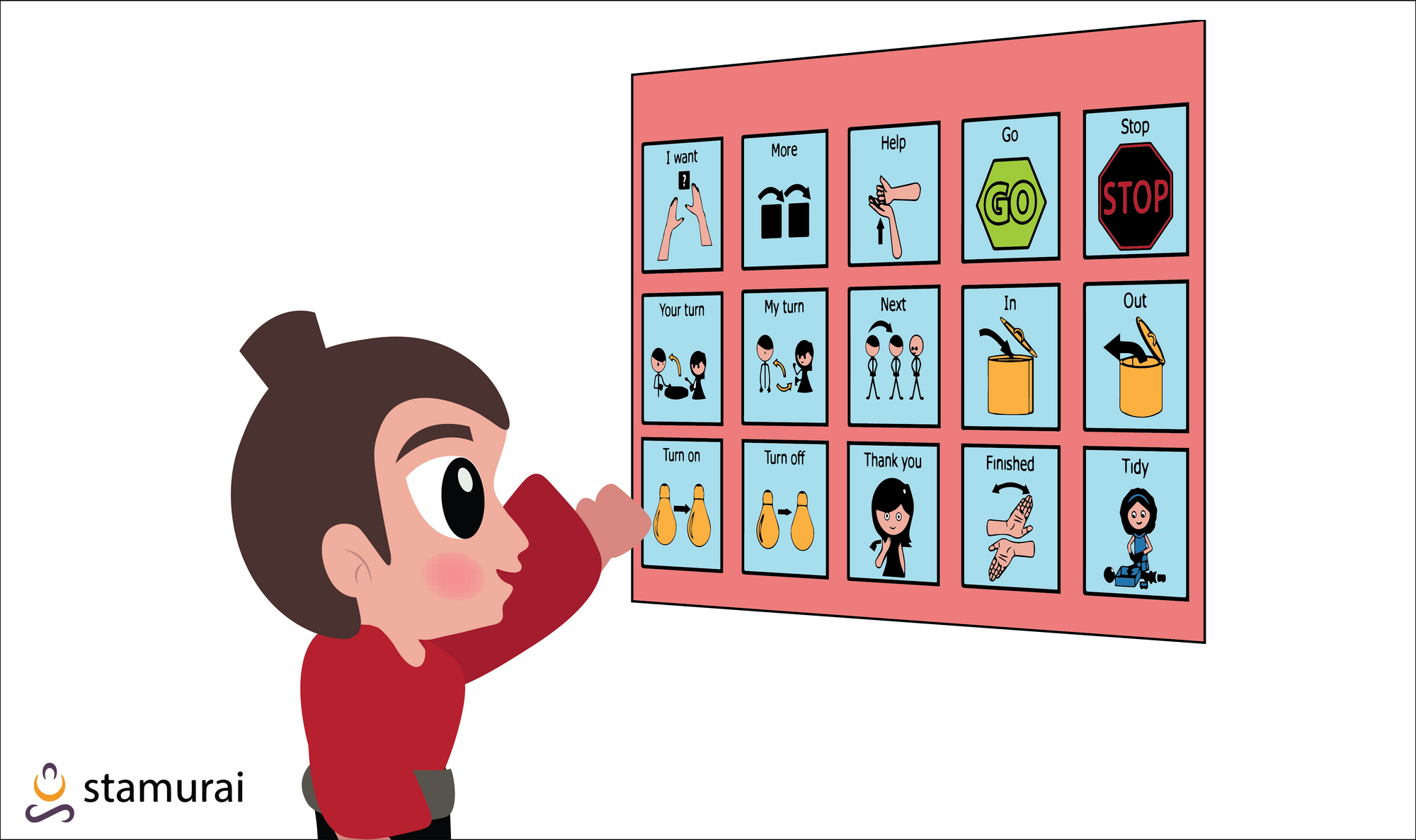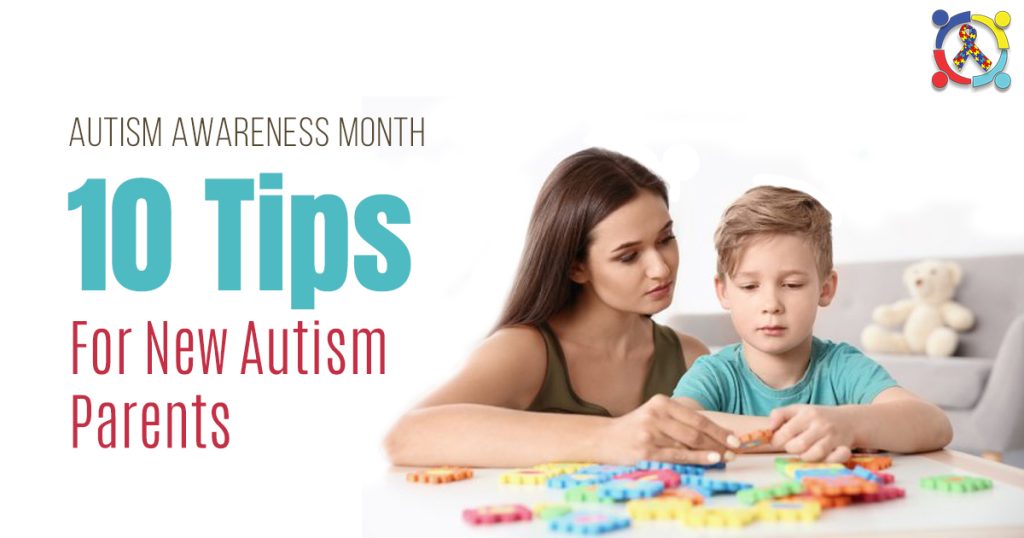Speech therapy helps children talk better. It is good for autistic children. Autistic children may find speaking hard. Speech therapy helps them learn to speak. It also helps them understand others.
What is Speech Therapy?
Speech therapy is a type of treatment. It helps people speak clearly. It helps them understand language. Therapists work with children. They teach children how to talk. They also help children express feelings.

Credit: www.stamurai.com
Why Do Autistic Children Need Speech Therapy?
Autistic children may have trouble speaking. They may not understand words. They may find it hard to say what they feel. Speech therapy helps them communicate. It makes life easier for them.
How Does Speech Therapy Help?
Speech therapy has many benefits. It helps children learn words. It helps them make sentences. It improves their ability to talk. It also helps them listen better.
Improves Communication Skills
Speech therapy improves talking skills. Children learn new words. They learn to use these words in sentences. They practice speaking clearly.
Enhances Understanding
Speech therapy helps children understand. They learn to follow conversations. They learn to ask questions. They also learn to answer questions.
Encourages Social Interaction
Speech therapy helps children talk with others. It teaches them to share ideas. It helps them make friends. It builds their confidence.
Techniques Used in Speech Therapy
Speech therapists use many techniques. They choose the best methods for each child. Here are some common techniques.
Articulation Therapy
This therapy helps with sounds. Children learn to make sounds correctly. They practice saying words clearly.
Language Intervention Activities
These activities help with words. Children learn new words. They practice making sentences. They learn to use words in different ways.
Social Skills Training
This training helps with social interaction. Children learn to talk to others. They learn to share ideas. They practice listening to others.
Play Therapy
Play therapy uses games. Children play and learn. They learn to talk while playing. They also learn to follow rules.

Credit: www.indiaautismcenter.org
Who Provides Speech Therapy?
Speech therapists provide therapy. They are trained professionals. They know how to help children speak better. They work in schools, hospitals, and clinics.
What Happens During a Therapy Session?
Therapy sessions are fun. Therapists use games. They use toys and pictures. Children learn while playing. They practice speaking. They also practice listening.
Assessment
Therapists check how the child speaks. They find out what the child needs. They make a plan for therapy.
Practice
Children practice speaking. They learn new words. They make sentences. They practice talking with the therapist.
Feedback
Therapists give feedback. They tell the child what they did well. They also tell them how to improve.
Tips for Parents
Parents play a big role. They can help at home. Here are some tips for parents.
Be Patient
Learning takes time. Be patient with your child. Encourage them to try.
Practice At Home
Practice speaking at home. Use words and sentences. Talk to your child often.
Use Simple Language
Use simple words. Speak clearly. Make it easy for your child to understand.
Encourage Social Interaction
Help your child make friends. Encourage them to play with others. Practice social skills.
Frequently Asked Questions
What Is Speech Therapy For Autistic Children?
Speech therapy helps autistic children improve communication skills. It focuses on understanding and using language effectively.
How Does Speech Therapy Benefit Autistic Children?
It enhances language skills, social interactions, and confidence. Speech therapy supports better understanding and expression.
At What Age Should Speech Therapy Start?
Early intervention is key. Speech therapy can begin as early as possible to maximize benefits.
How Long Does Speech Therapy Take For Results?
Results vary. Consistent therapy over months or years can show progress in communication abilities.
Conclusion
Speech therapy is helpful. It helps autistic children speak better. It helps them understand others. It makes life easier for them. It builds their confidence. Parents can help too. Together, we can make a difference.

